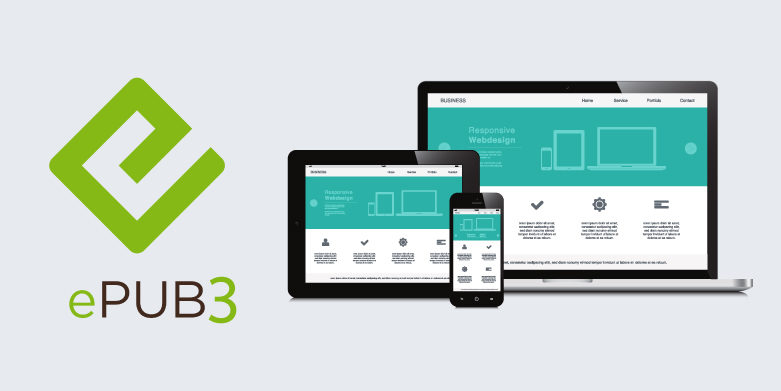 Read time 2 min
Read time 2 min
Travel has become more of a passion today and irrespective of the busy schedule, everyone wants to plan a vacation. With the spur in technology, planning and booking ahead has become a child’s play. However, this holds true for the just most of the people. About 15% of the people the world over suffer with some form of disability. But that does not mean they do not contribute to the tourism revenue – about $17.3 billion is spent annually on travel and this is just Americans. The economic impact this has on the countries is unfathomable. Considering that all of them make reservations online, is it not required for the hotel industry to be ready to serve these customers as well?
With the advent of ADA (Americans with Disabilities Act), the hotel industry was affected much more than the others. Initially, ADA was aimed at improving the physical amenities and services rendered to a person with disability. But today, years later and with the surge in the usage of internet, all websites are required to be in compliance with the ADA act. Though not mandated by the law yet, many hotel websites are required to tailor their websites to ease access to the disabled. Web accessibility is no longer an extra feature or a feel good gesture, but it is a mandate to a truly global presence. Many hoteliers are working on accessible websites, however for the many who are yet to start, here are a few things to be considered, while optimizing the websites.
A website needs to be perceivable by anyone accessing it. Providing alternatives for user’s senses is a start. Text alternatives to non-text content, alternatives to time-based media or even the use of colours for easy access needs to be inculcated. Assistive technologies allow customers to get information and complete a transaction – so using screen readers, alternative keyboard devices or magnifiers will help customers with their search. Next, a website must be operable. Allowing users to pause or get back to the previous text add more credibility to your website. And lastly, a website needs to be robust. It needs to be compatible with the wide range of assistive technologies to be used to ensure reliability.
Even though your website is ADA compliant, there are chances that a few criteria are not met and might end up as expensive mistakes during an audit. To ensure that these overlooks don’t cost you, here are a few tips to ensure you truly have a compatible site:
- Invest in an audit firm – ADA compatibility is ensured by the technology neutral standard for web content – WCAG (Web Content Accessibility Guidelines). Hire a professional firm to audit your site and ensure it meets the nuances of the ADA rules. It might be a little expensive, but is definitely worth the peace of mind knowing that you are protected for the years to come.
- Train your team – Working on ADA compliant sites is not like creating a regular site. Your team of developers need to be trained on WCAG guidelines, best practices and the accessibility services and standards. The best option, however, would be to hire someone who has already worked on an ADA website.
- It’s all about booking – Your hotel booking engine needs to comply with the website accessibility guidelines and ensure a smooth experience for the customers, right from checking in to your site to actually checking into your hotel room.
Though this might sound exciting to a few and too much work for a few others, ADA is here to stay for the benefit and goal to serve all equally. Act now and make those changes today, before it is too late.






